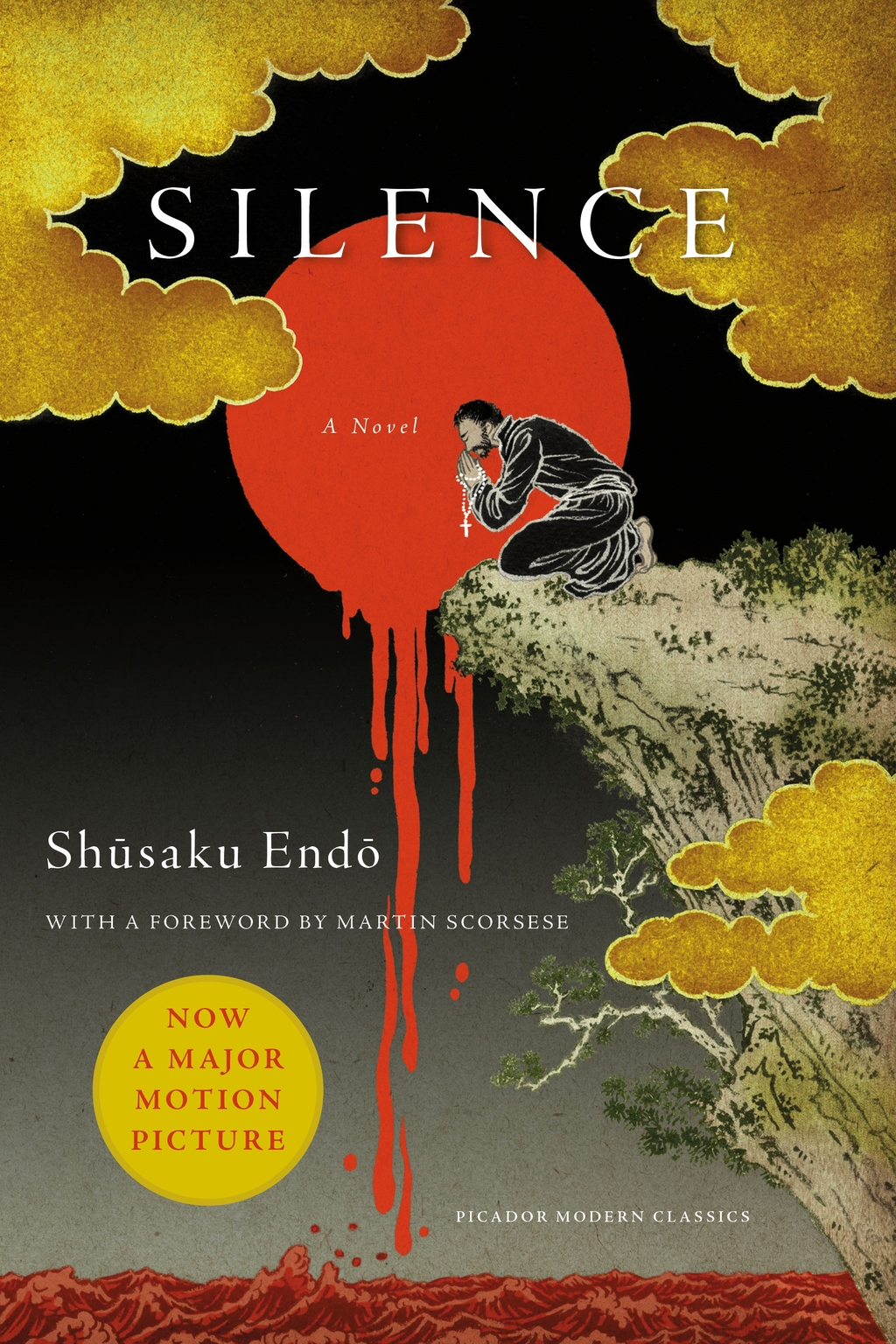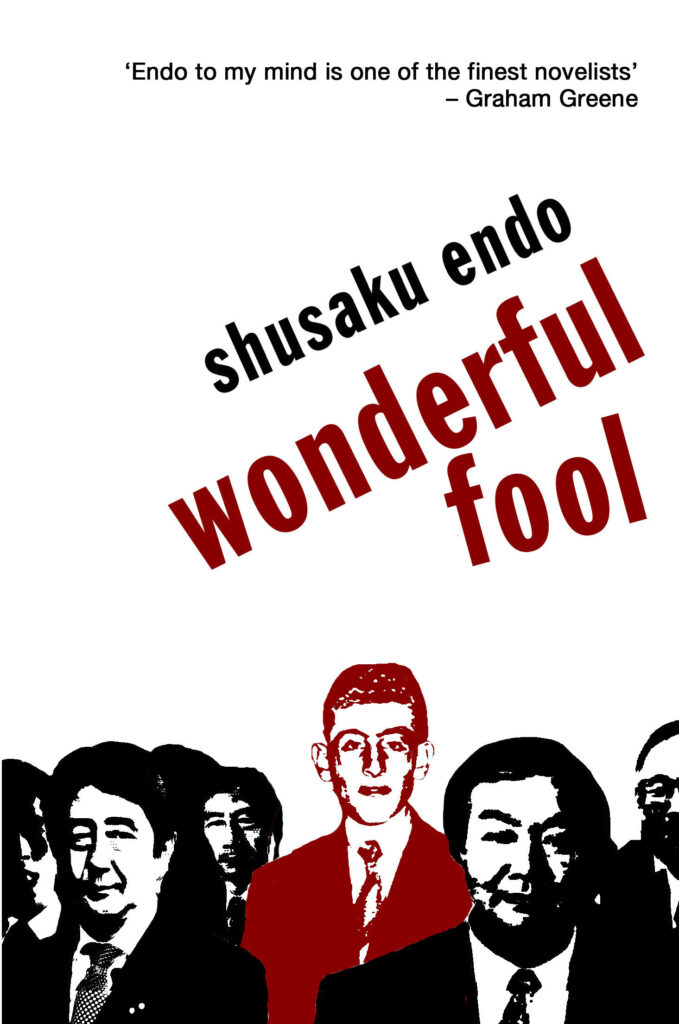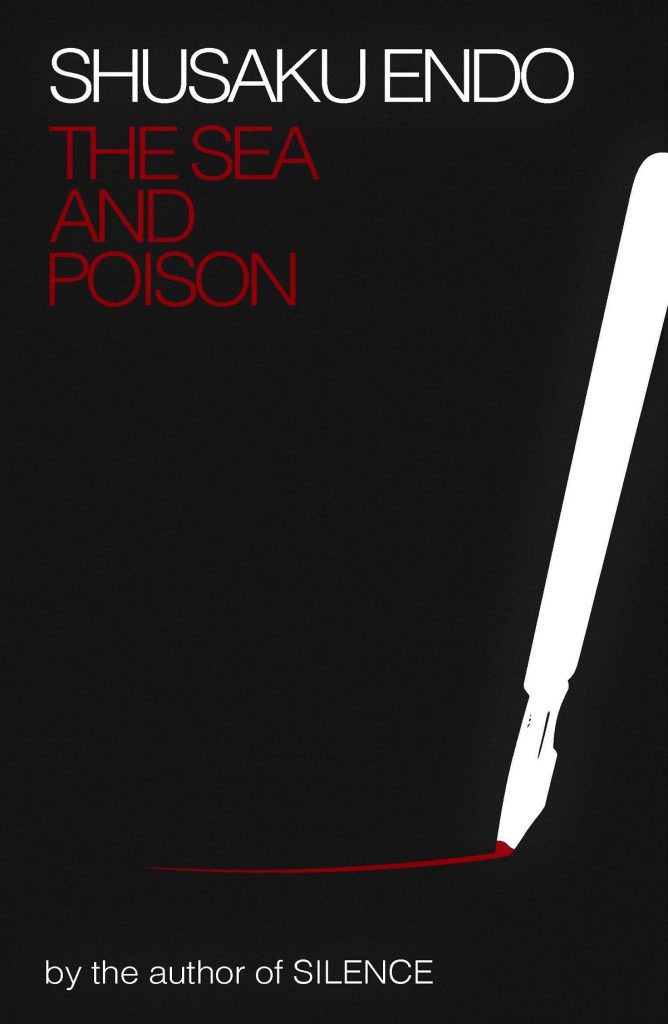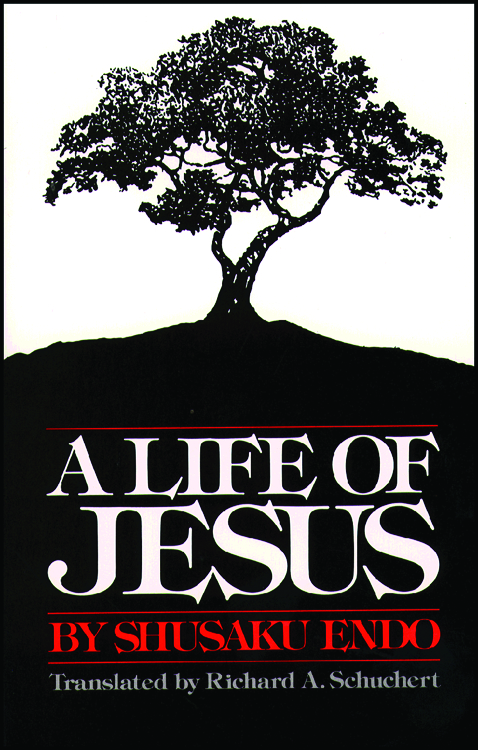The Lovely Silence of Shusaku Endo Novels
The writer of most likely the twentieth century’s most profoundly religious novels, Shusaku Endo is commonly missed by way of his affect and influence on world literature. Sidelined, maybe, because of the worldwide approval for Japan’s Nobel laureates Yasunari Kawabata and Kenzaburo Oe and the recognition of famous person writers Haruki Murakami and Banana Yoshimoto, Endo sits quietly within the margins. The Tokyo-native, nonetheless, has been introduced again into literary and cultural consciousness partly due to the cinematic adaptation of his tour de drive Silence by Hollywood nice Martin Scorsese in 2016.
Endo, a Roman Catholic and Francophile resulting from his time learning on the College of Lyon within the Nineteen Fifties, wrote a number of the final century’s best Japanese novels. They approached, with deft abilities, themes of spirituality, Christianity, religion, guilt, empathy, life as an outsider and a frail and crumbling humanity which displays profound expertise and a poetic vulnerability. Right here we select 4 of Endo’s best works.

Silence (1966)
Silence paperwork the start of Christianity in Japan in the course of the 1600s and the ordeal of European missionaries despatched to transform the plenty (typically in secret, with a purpose to keep away from detection and torture from the native daimyo or feudal lords). It is a harrowing story however one which stays with the reader perpetually.
The silence that Endo wrote so movingly about was related to God. That the unconditional love of God is simply as highly effective as when they’re silent. Atrocities, wars, genocide, racist assaults and hate, we reside by way of it questioning why they’re silent and that leaves humanity with a crushing feeling of helplessness. Or maybe, Endo posits, they have been there all alongside. The reply, or a solution, is discovered close to the denouement of Silence when Jesus speaks to the priest Rodrigues. “I perceive your ache and your struggling. It’s for that motive that I’m right here. I used to be not silent. I suffered beside you.”
The religion of the Catholic missionaries that visited Japan within the 1600s was, primarily, confronted with an agonizing and excellent silence. One take a look at Martin Scorsese’s epic 2016 adaptation of Silence and viewers are rapidly confronted with this deafening religious stillness. Torture, crucifixion and clergymen subjected to fumi-e (stamping on spiritual imagery) was par for the course in these days and the truth that Japan has any dwelling and training Christians is testomony to these very missionaries from 400 years in the past. With the waves overcoming them, crucified at sea, praying to God to assist, to obtain them, they known as and acquired nothing in return.

Fantastic Fools (1959)
Anybody who has lived overseas will fall in love with this novel. In some methods, it is exhausting to consider it is written by the identical writer of Silence. Comedic, pithy and insightful, the story of Gaston Bonaparte will resonate with foreigners studying to adapt in an unknown land. Bonaparte’s chaotic journey in Japan nonetheless holds true right now and the innate naivety and ludicrous nature of his religious quest will make any international residents of Japan wince with disgrace and empathy. It is a humorous novel, however at its coronary heart is a story in regards to the purest nature of humanity and the multifarious facets and calamities of being a human.

The Sea and Poison (1958)
Nihilistic, brutal and damning of the depths that humanity can sink, The Sea and Poison is a heartbreaking and significantly black novel. The story of a hospital in Japan training vivisection on captured American troopers on the tail finish of WWII, Endo turns his narrative, this time, to look at the capability and understanding of evil. In some methods, it is the antithesis of Silence which facilities on religion and an inherent and unwavering love of God within the face of intense bigotry. The Sea and Poison actually makes the reader squirm with a narrative about how we will lose sight of our ethical compass. The novel was later tailored into an acclaimed movie in 1986 directed by Kei Kumai, starring Eiji Okuda, Ken Watanabe and Takahiro Tamura.

A Lifetime of Jesus (1973)
Returning to his life’s central inventive and religious ethos, Endo’s A Lifetime of Jesus is considered one of a mess of various variations of Christ’s life. Cautious to not name this novel “The Lifetime of Jesus,” that is very a lot Endo’s personal Jesus, his personal interpretation written by way of his personal distinctly Japanese lens. This specific narrative was initially supposed, based on Endo, “to make Jesus comprehensible by way of the spiritual psychology of my non-Christian countrymen and thus to display that Jesus shouldn’t be alien to their spiritual sensibilities.” Lovely, stuffed with empathy and compassion, A Lifetime of Jesus is a shocking piece of writing and brings the reader to the guts of Endo’s beliefs and inventive imaginative and prescient.
